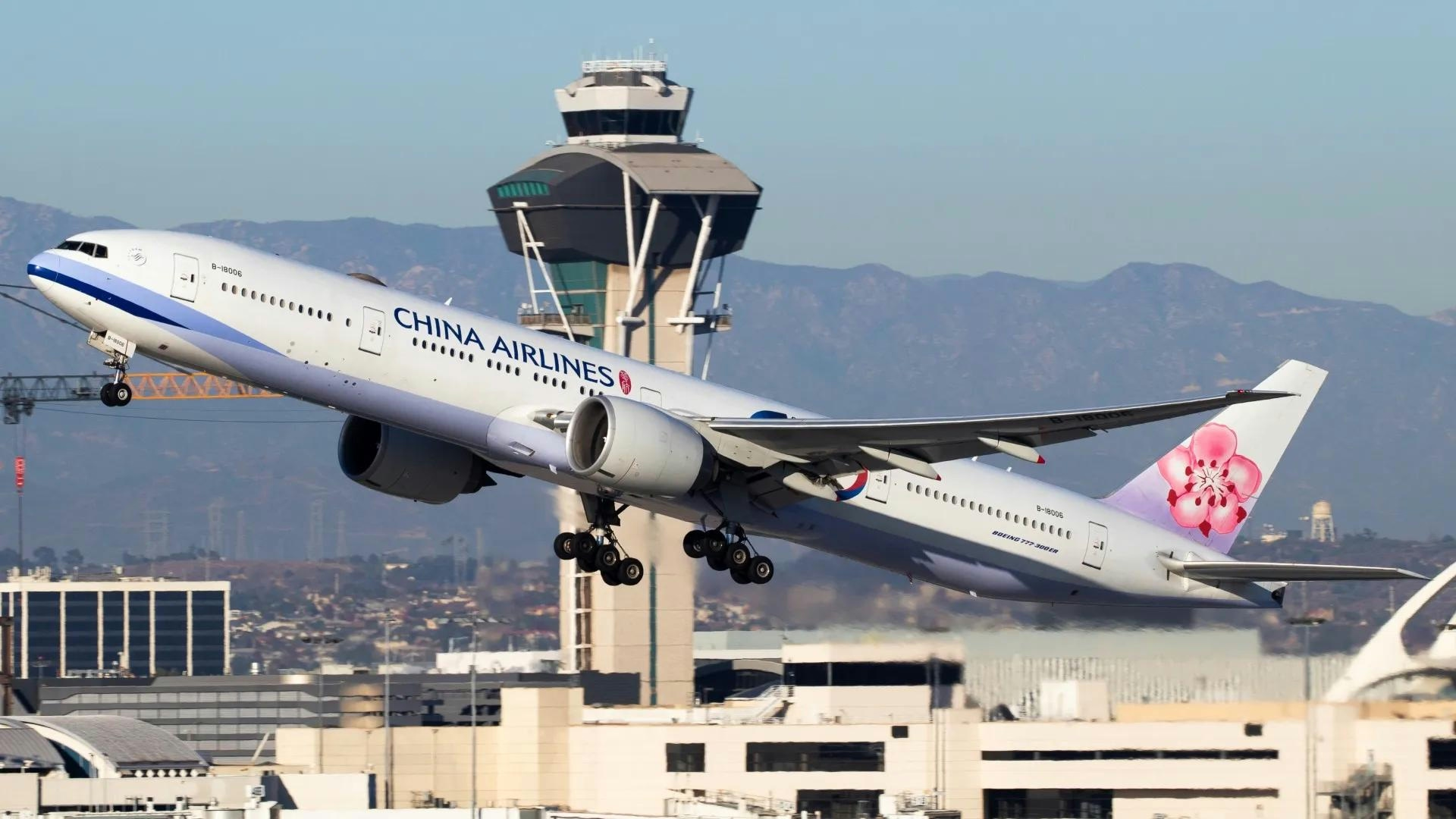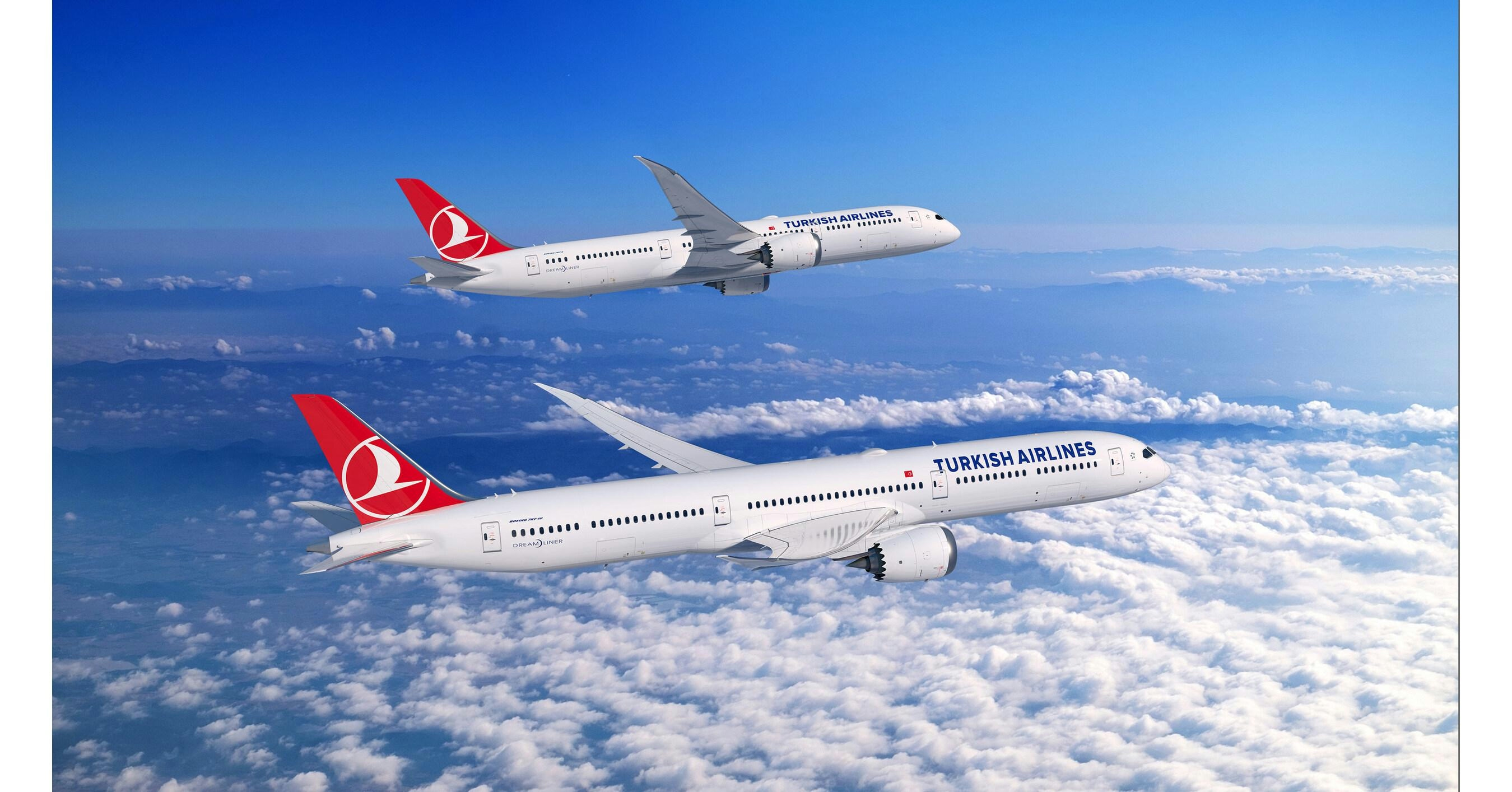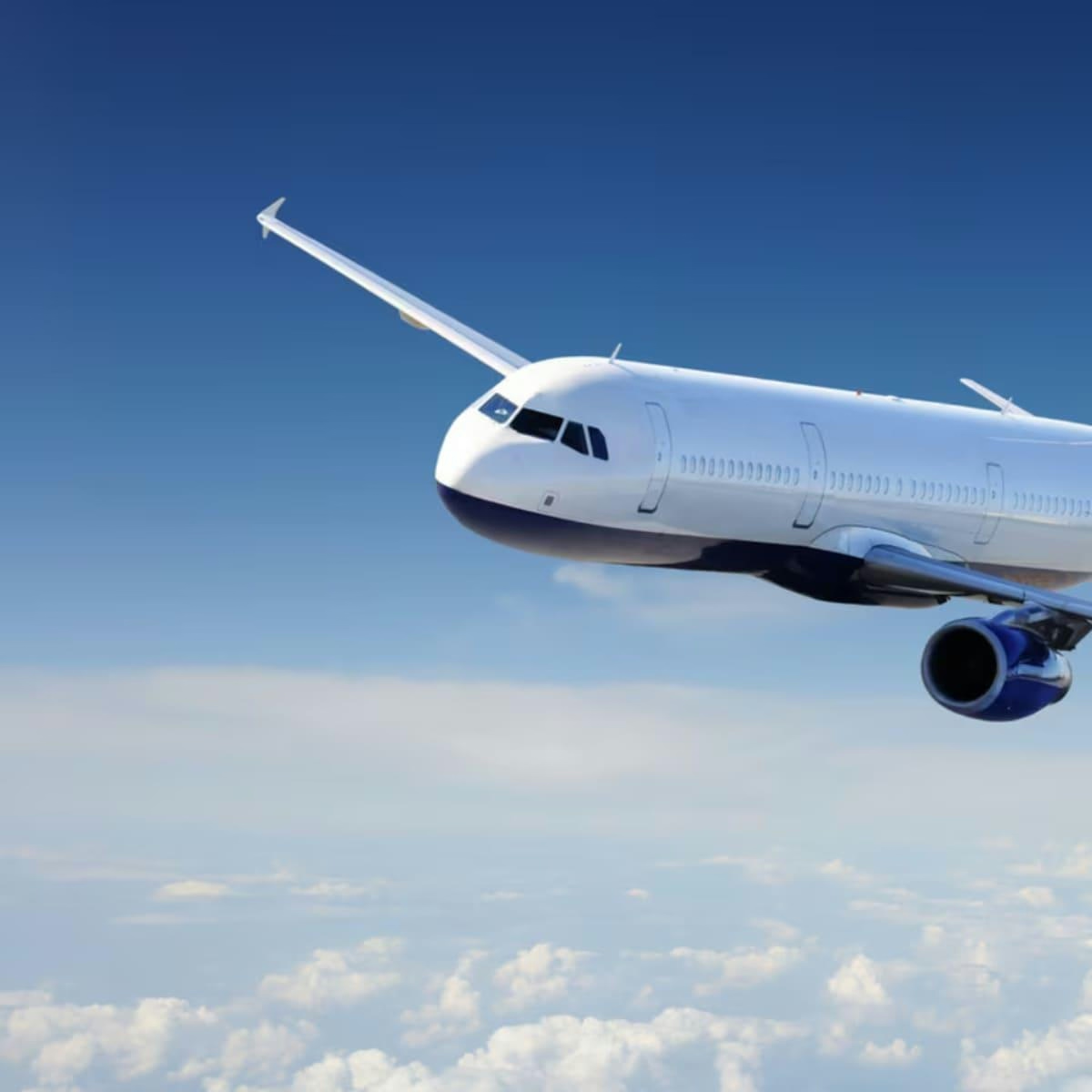AeroGenie — Uw intelligente copiloot.
Trending
Categories
Taiwan Advances in Global Aviation as China Airlines Updates Fleet with New Widebody and Narrow-body Aircraft

Taiwan Advances in Global Aviation as China Airlines Updates Fleet with New Widebody and Narrow-body Aircraft
Taiwan is making notable progress in the global aviation sector as China Airlines undertakes a comprehensive modernization of its fleet, incorporating the latest widebody and narrow-body aircraft. This strategic initiative not only enhances the airline’s operational capabilities but also reinforces Taiwan’s position as an influential player in shaping the future of air mobility, setting new standards for both regional and international aviation.
Expansion of Widebody Fleet and Long-Haul Ambitions
China Airlines is set to expand its global and regional network through the acquisition of five new Airbus A350-900 long-haul aircraft and eight additional A321neo narrow-body jets. The airline is currently assessing options between direct purchases and leasing arrangements for the A350-900s, which will increase its existing fleet of this model from 15 to 20 aircraft. These widebody jets are integral to the carrier’s long-haul operations, offering enhanced flexibility in route planning and the ability to increase flight frequency on high-demand international routes.
Further strengthening its widebody capabilities, China Airlines has finalized plans to procure 10 Airbus A350-1000 jets, the largest variant in the A350 family. The A350-1000 provides increased seating capacity, superior fuel efficiency, and extended range, aligning with the airline’s ambitions to expand its presence in long-haul markets including North America, Europe, and Oceania.
In addition to fleet expansion, China Airlines is investing $400 million to upgrade the cabins of its current A350-900 aircraft. This refurbishment will introduce advanced seating configurations and next-generation in-flight entertainment systems, enhancing the passenger experience for both business and leisure travelers. The upgrades will be implemented through collaborations with leading aviation technology providers, reflecting the airline’s commitment to meeting evolving global standards.
Strengthening Regional Presence and Sustainability Initiatives
While bolstering its long-haul fleet, China Airlines is simultaneously reinforcing its footprint in Asia’s regional markets. The recent order for eight additional Airbus A321neo jets will bring the airline’s total backlog for this model to 19, complementing the 17 already in service. Upon delivery, the A321neo fleet will total 36 aircraft, recognized for their fuel efficiency, reduced noise emissions, and optimized cabin layouts. These attributes make the A321neo particularly well-suited for short- and medium-haul routes connecting key Asian cities.
China Airlines’ fleet strategy also encompasses significant investments in Boeing aircraft, with 24 Boeing 787 Dreamliners on order, including six of the extended 787-10 models. These aircraft feature advanced aerodynamics, enhanced fuel efficiency, and a reduced environmental footprint, supporting the airline’s sustainability goals and facilitating the expansion of its international services.
Market Response and Geopolitical Challenges
The market has responded favorably to China Airlines’ fleet modernization efforts, highlighting improvements in operational efficiency and competitive pricing. Nevertheless, Taiwan’s aviation industry faces potential challenges stemming from ongoing geopolitical tensions with China, which could have diplomatic and economic implications. In response to China Airlines’ fleet expansion, competitors across Asia are also augmenting their fleets and route networks, particularly in the widebody and low-cost carrier segments. Notably, Starlux Airlines has placed additional orders for Airbus A350-1000s, signaling a strategic effort to capture growth in long-haul markets and emerging regions such as India.
As China Airlines advances its fleet renewal program, Taiwan’s aviation sector is positioned to enhance its influence in the global market, navigating a complex geopolitical environment and intensifying regional competition.

Four Gateway Towns to Lake Clark National Park

PRM Assist Secures €500,000 in Funding

InterGlobe Aviation Shares Rise 4.3% Following January Portfolio Rebalancing

Key Market Segments Shaping Airline Route Profitability Software

Locatory.com Gains Traction Among Aviation MROs and Suppliers

58 Pilots Graduate from Ethiopian University

The Engine Behind Boeing’s Latest Widebody Aircraft

UBTech Shares Rise After Airbus Orders Humanoid Robots

Boeing’s Widebody Jet Sales Surge Signals Shift in Global Air Travel

French Aircraft Design Claims to Reduce Energy Consumption by Elevenfold
